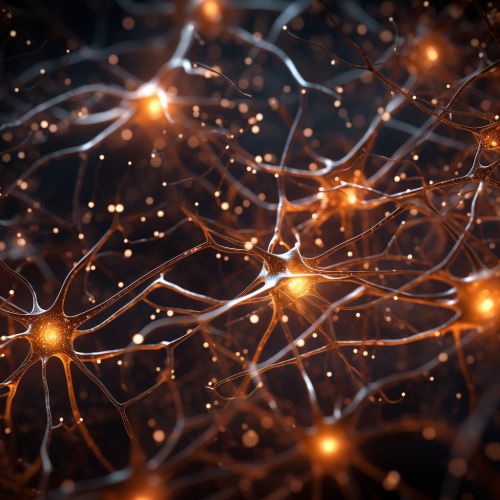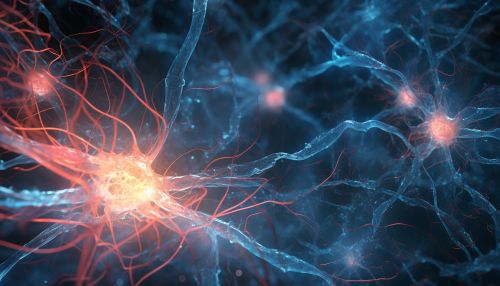Biological Basis of Learning and Memory
Introduction
Learning and memory are fundamental processes in the neurobiology of all living organisms. They are the mechanisms by which we acquire, store, and recall information. The biological basis of learning and memory involves complex interactions between various neural systems and processes, including the neurons, synapses, and neurotransmitters in the brain.


Neural Basis of Learning
Learning is a process that involves changes in the brain's neural networks. This process is facilitated by the brain's plasticity, or its ability to change and adapt in response to new experiences. The primary mechanism underlying this plasticity is known as long-term potentiation (LTP), a long-lasting strengthening of synapses between nerve cells.
Long-Term Potentiation
Long-term potentiation is a process where repeated stimulation of a synapse can lead to a long-lasting increase in the strength of the synaptic connection. This strengthening of synapses is thought to be the neural basis for learning. LTP is primarily observed in the hippocampus, a region of the brain that is crucial for learning and memory.
Neural Basis of Memory
Memory is the process by which information is encoded, stored, and retrieved in the brain. It is closely linked with learning, as the information acquired through learning is stored as memories. The formation of memories involves several stages, including encoding, consolidation, and retrieval.
Encoding
Encoding is the first stage of memory formation. It involves the conversion of sensory information into a form that can be processed and stored by the brain. This process is facilitated by the amygdala, which helps to encode emotionally significant experiences, and the hippocampus, which encodes spatial and contextual information.
Consolidation
Consolidation is the process by which encoded information is transferred from short-term to long-term memory. This process is facilitated by the neocortex, which is involved in the storage of long-term memories, and the hippocampus, which helps to consolidate new information by replaying the experiences during sleep.
Retrieval
Retrieval is the process of accessing and recalling stored information. This process is facilitated by the prefrontal cortex, which is involved in the retrieval of episodic memories, and the hippocampus, which is involved in the retrieval of contextual information.
Role of Neurotransmitters
Neurotransmitters play a crucial role in the biological basis of learning and memory. They are chemical messengers that transmit signals across a synapse from one neuron to another. Different neurotransmitters have different effects on learning and memory.
Acetylcholine
Acetylcholine is a neurotransmitter that plays a crucial role in learning and memory. It is involved in the encoding of new information and the consolidation of long-term memories. Dysfunction in the cholinergic system has been linked to memory disorders such as Alzheimer's disease.
Glutamate
Glutamate is a neurotransmitter that plays a key role in synaptic plasticity and long-term potentiation. It is involved in the strengthening of synaptic connections, which is crucial for learning and memory.
Conclusion
The biological basis of learning and memory involves complex interactions between various neural systems and processes. Understanding these processes can provide insights into how we learn and remember, and may also lead to the development of new treatments for memory disorders.
